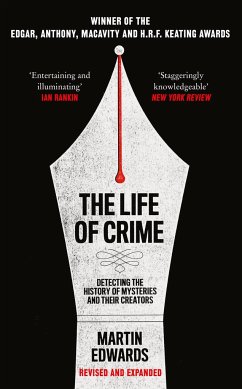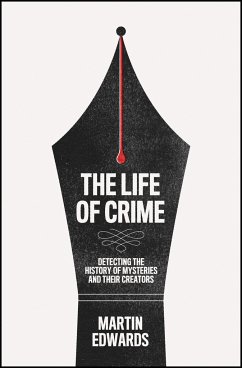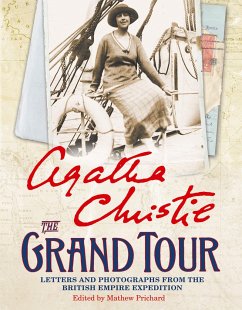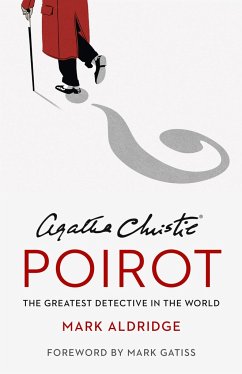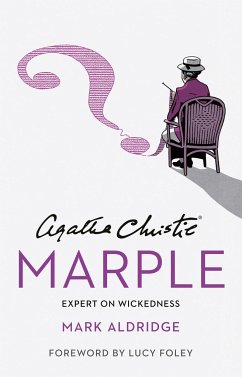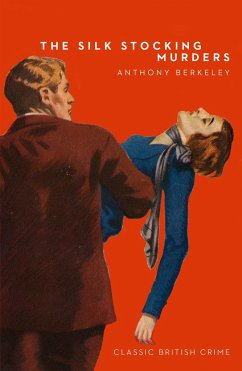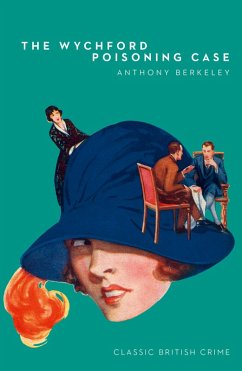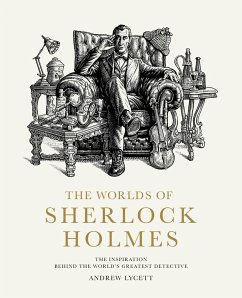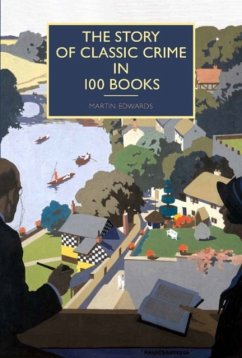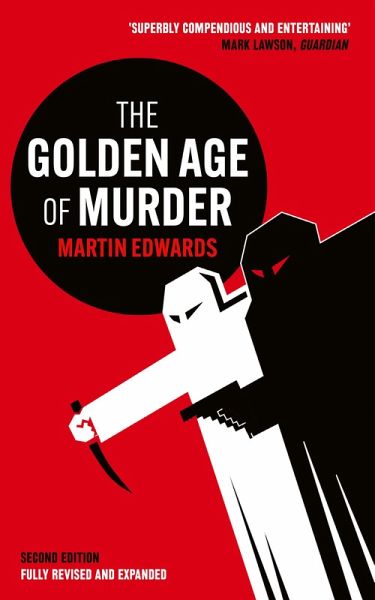
The Golden Age of Murder
Versandkostenfrei!
Versandfertig in über 4 Wochen
15,99 €
inkl. MwSt.

PAYBACK Punkte
8 °P sammeln!
The new and updated 10 year anniversary edition Winner of the Edgar, Agatha, Macavity and H.R.F. Keating crime-writing awards, this definitive account of the secretive Detection Club and its trail-blazing founders told for the first time the extraordinary story of British detective fiction between the two World Wars.




